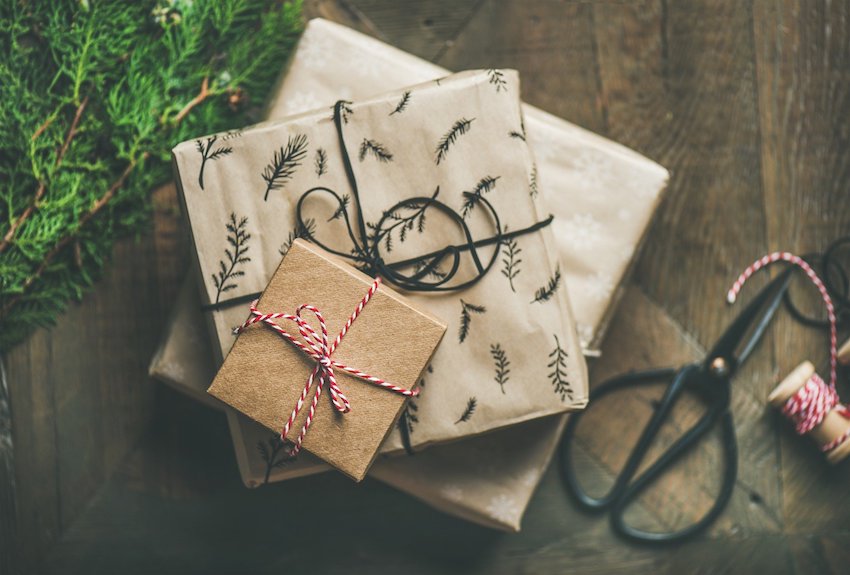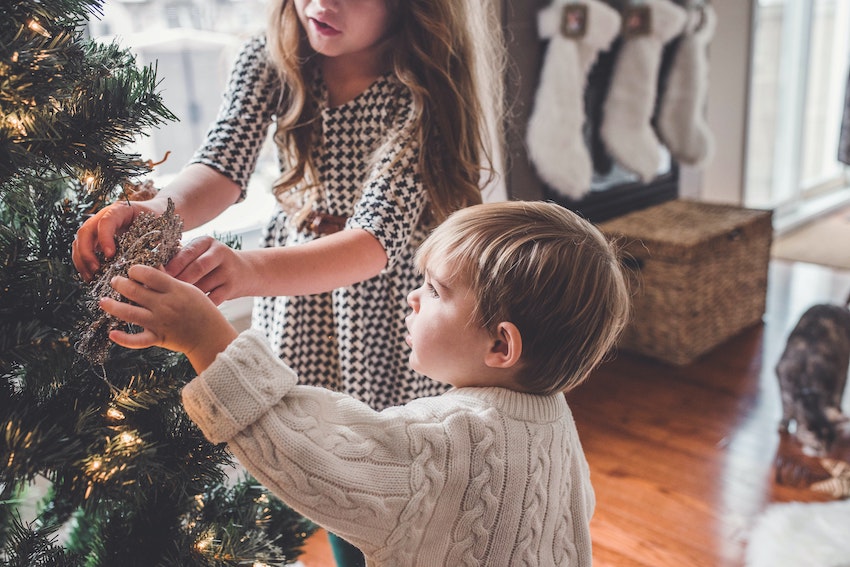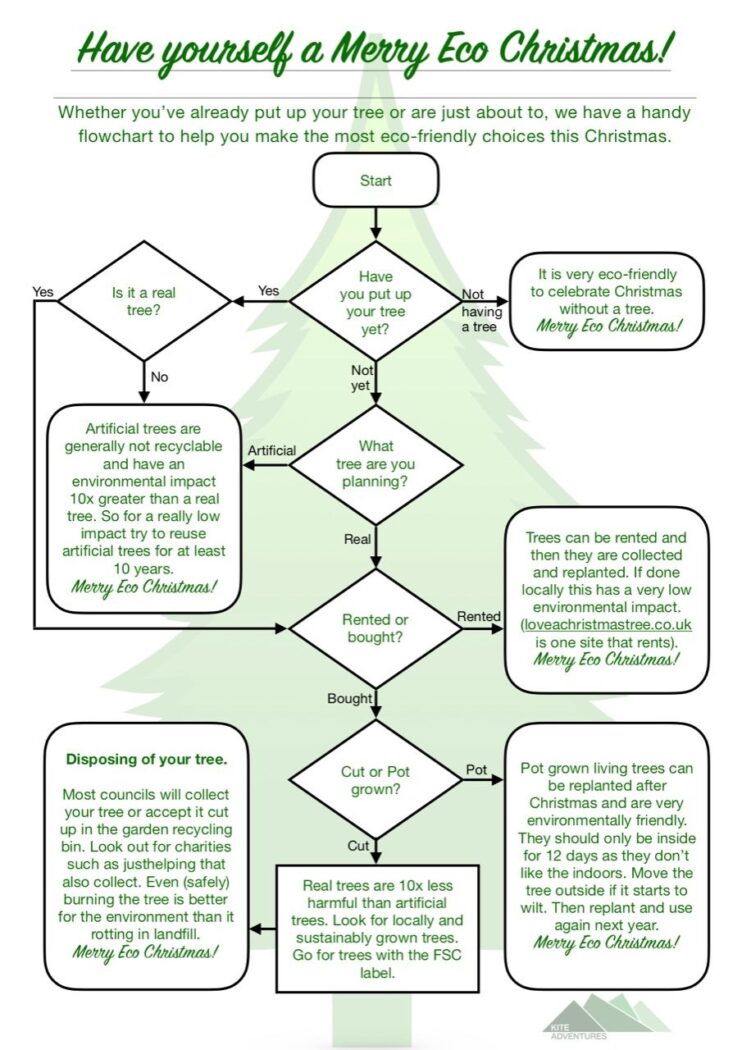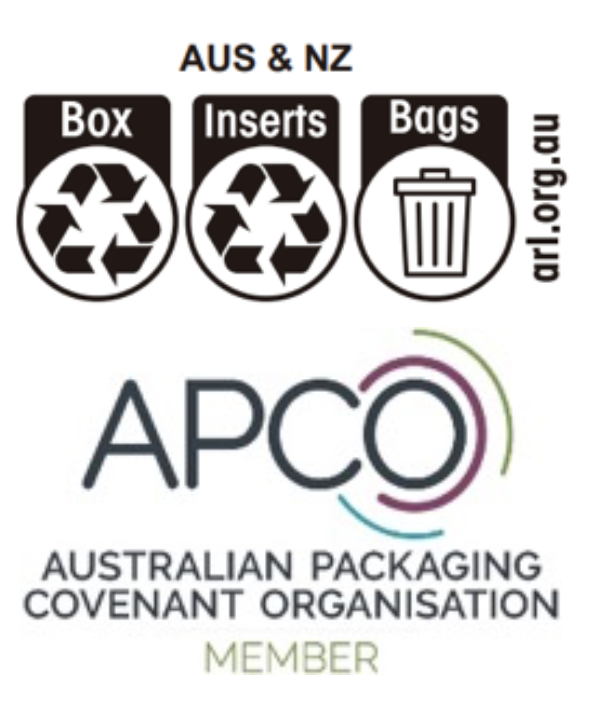Whist Christmas is a time of joy it is also a time of excess. Wasteful habits can be minimised by being mindful of more sustainable practices to follow in this season.
Christmas is one of the most exciting times of the year, but unfortunately significantly contributes to overproduction and unnecessary waste. Australians receive over 20 million unwanted gifts at Christmas and more than 250,000 tonnes of food is wasted each year. Here are some ways to practice sustainability and be more environmentally conscious over this festive season.
Source sustainable wrapping paper and use e-cards
Australians use more than 150,000km of wrapping paper over Christmas. This is the equivalent of about 50,000 trees and enough to wrap around the equator four times. Most wrapping paper is recyclable but sticky tape, ribbons, bows and most glitters are not. To determine if your wrapping paper is recyclable, scrunch it. If it un-scrunches easily, it likely has elements in it that are not recyclable.
There are many alternatives that could be used, such as brown, eco-friendly recyclable paper and twine, newspaper or fabric wrapping paper. Cloths, sheets, scarfs and bandanas are all reusable and sustainable options to wrapping paper. Furoshiki is a Japanese method of using cloth to transport gifts, a great zero waste option that adds a unique twist to your gift.

Around one billion Christmas cards end up in the bin each year. Consider giving your loved ones a call or emailing them an online card you’ve created. Reuse old cards or cut out tags with brown paper and twine as a better alternative to a card that will only be read once!
Go meat free or choose local products
The holidays are a time of sharing gifts and food with your loved ones but are also a season of waste. Around 9 out of 10 Australians discard over 25% of their food during this period. To reduce your waste, only buy what you need, use the food you have and be organised to plan out your meals. Approximately five million Christmas puddings are thrown away each year. Think about what food guests will actually enjoy rather than the traditional options that don’t get touched. Use reusable cutlery and napkins at events for nice decorations and better options for landfill.
Consider going meat free just for the holidays! However, if you like this season for this reason investigate where your produce is coming from. Buying seasonal produce and Australian farmed and sourced protein such as muscles and prawns are a more sustainable choice. Doing so reduces your food miles, the costs associated with transportation and refrigeration of goods.

Choose quality gifts over quantity
The average Australian spends $475 on gifts with less than half being appreciated. To ensure your gifts will be kept, look for unique presents and choose one or two quality gifts over four or five that may not be loved. By choosing something from a local market or a smaller retailer rather than sites like Amazon, you are more likely to find something one of a kind, of better quality and have the chance to boost a sustainable local economy. Alternatively, you could gift an experience rather than material things, or presents that aren’t easily disposable and care for the earth – like a Poinsettia, a Christmas plant!

Source real trees and LED Christmas lights
If you are buying an artificial tree, ensure it is one that lasts. The environmental impact of these trees is 10 times greater than real trees as they are often not recyclable, ending up in landfill. Real trees are biodegradable or able to be replanted and are a great alternative if you will not keep your artificial tree for more than 10 years. If you are not a fan of bugs and twigs that come with real trees, consider putting some lights and baubles onto a plant, and repurposing your Devil’s Ivy or Fiddle Leaf Figs!
LED lights use about 80-90% less energy than incandescent lights you might usually find in your home. They are a safer, durable and longer-lasting option that don’t get hot to touch and will still give your tree and house the Christmas sparkle it needs. Set a timer to turn the LED lights off when they aren’t needed.

Along with being more sustainable this Christmas, consider the true meaning of the holiday season and ensure you spend time with your loved ones to be grateful for what you have.






 This recycling truck is made from plastic that is 90% reclaimed, which means less waste goes into landfills. Beginner recyclers will love hopping on this lean, green recycling machine and pushing it round while learning about recycling and reusing everyday objects.
This recycling truck is made from plastic that is 90% reclaimed, which means less waste goes into landfills. Beginner recyclers will love hopping on this lean, green recycling machine and pushing it round while learning about recycling and reusing everyday objects.

 Perfect for playtime! With four interactive play modes, this puzzle is full of delightful surprises.
Perfect for playtime! With four interactive play modes, this puzzle is full of delightful surprises.